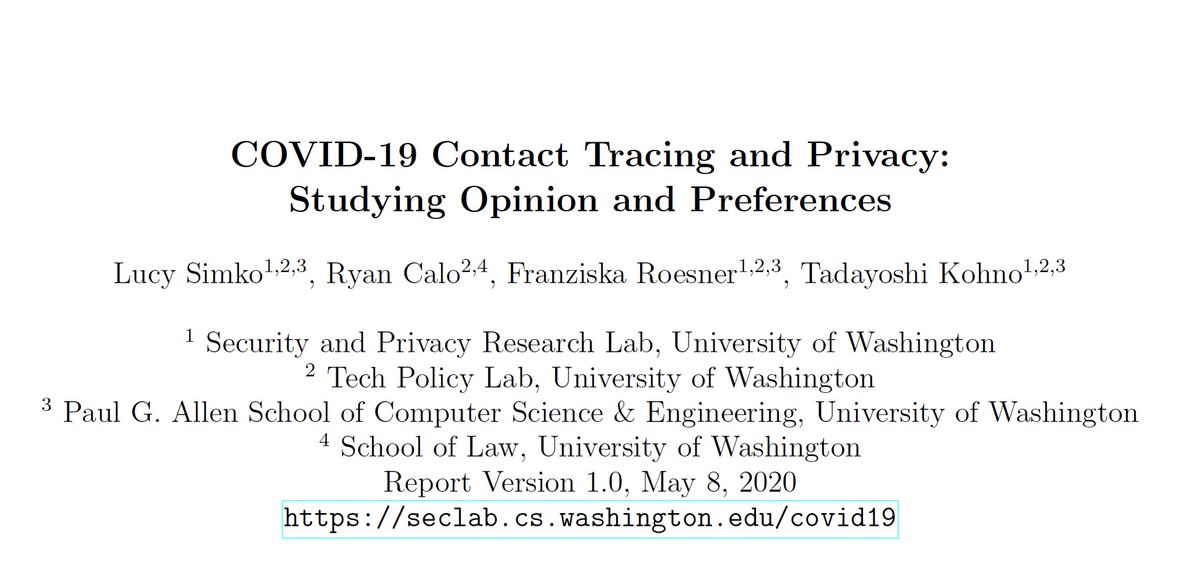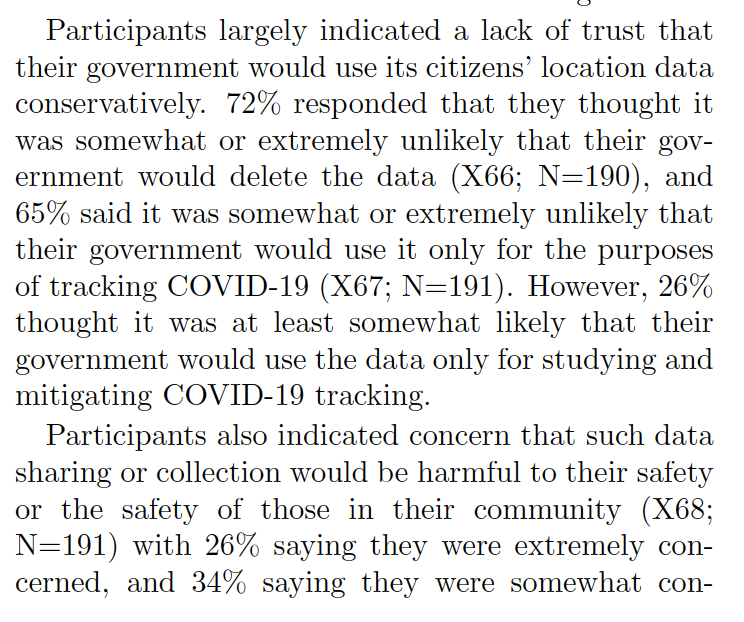
Woah, woah, WOAH. An official @FTC blog post by a staff attorney noting that "The FTC Act prohibits unfair or deceptive practices. That would include the sale or use of – for example – racially biased algorithms." ftc.gov/news-events/bl…
AND: "But keep in mind that if you don’t hold yourself accountable, the FTC may do it for you. For example, if your algorithm results in credit discrimination against a protected class, you could find yourself facing a complaint alleging violations of the FTC Act and ECOA."
This is such strong language. I literally printed a PDF in case it gets taken down. Meanwhile: kudos to Elisa Jillson and the FTC for the shot across the bow (and thanks to @marywhisner for spotting).
AND: "Don’t exaggerate what your algorithm can do or whether it can deliver fair or unbiased results. Under the FTC Act, your statements to business customers and consumers alike must be truthful, non-deceptive, and backed up by evidence." cc: @hartzog
new FTC, who dis😎
Journos: Opinions may differ, but I see this blog post as a signaling a shift in the way the FTC thinks about enforcing the FTC Act in the context of emerging technology. The concreteness of the examples coupled with repeated references to statutory authority is uncommon.
Even this language "under the FTC Act, a practice is unfair if it causes more harm than good" could signal a willingness to jettison the self-imposed strictures of the 1980 unfairness statement---which was and is contrary to Congressional intent in my opinion.
I had forgotten that 1990s (i.e., Gingrich era) Congress codified the unfairness statement. Thanks @kurtdwalters for the reminder! So, addendum: I think this codification stands against the *original sense of unfairness* and that Congress should throw it out. 

Why call something "unfair" and then require a cost-benefit analysis? It's silly. Unfair means not fair, unjust, immoral. The FTC Act Congress had public policy in mind. Let's get back to that.
Some skepticism that the FTC will walk the walk: doxa.substack.com/p/no-the-ftc-i… (@jonst0kes) &
https://twitter.com/matthewstoller/status/1384321345320853504(@matthewstoller). I guess we'll see!
• • •
Missing some Tweet in this thread? You can try to
force a refresh











